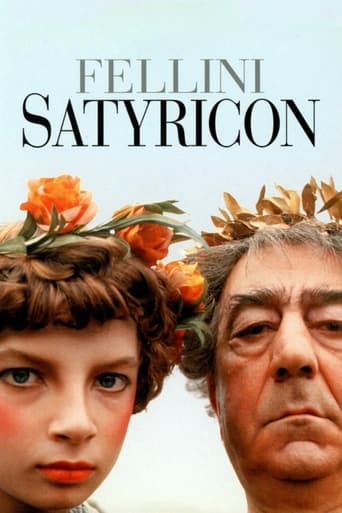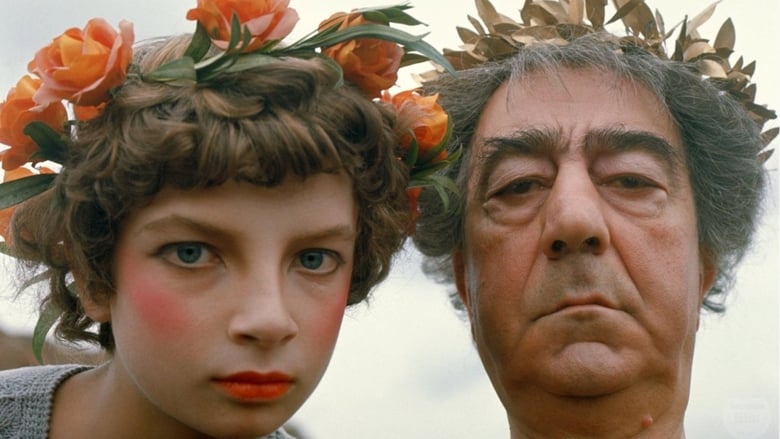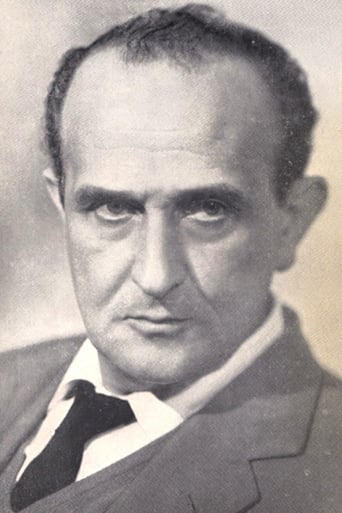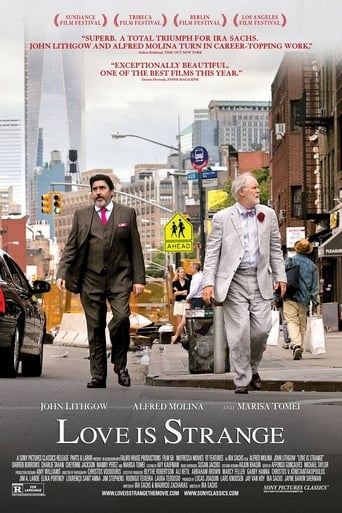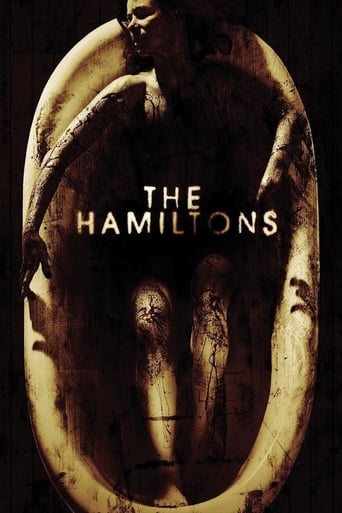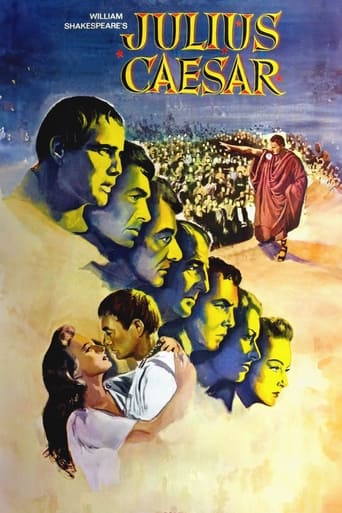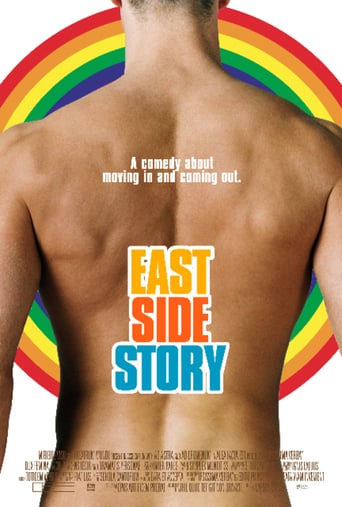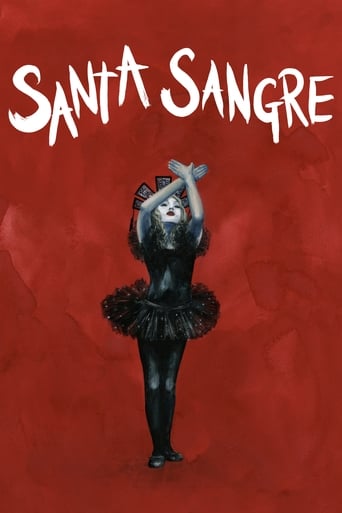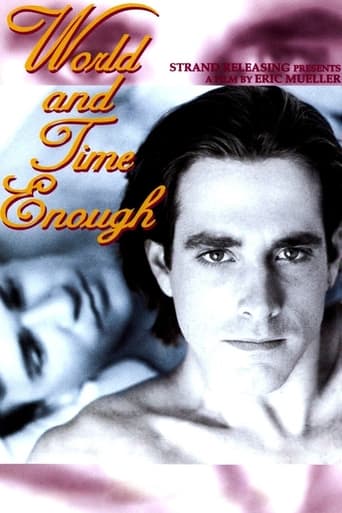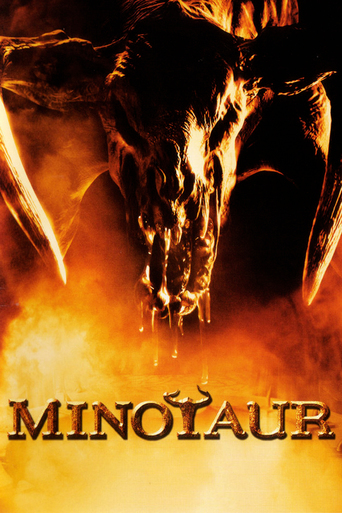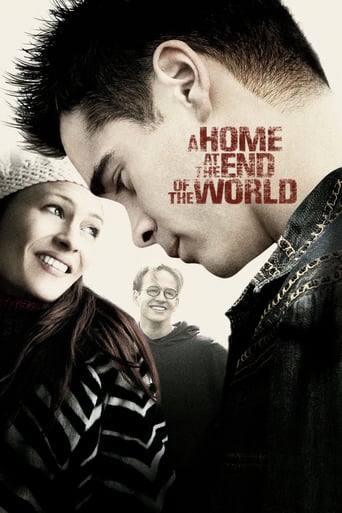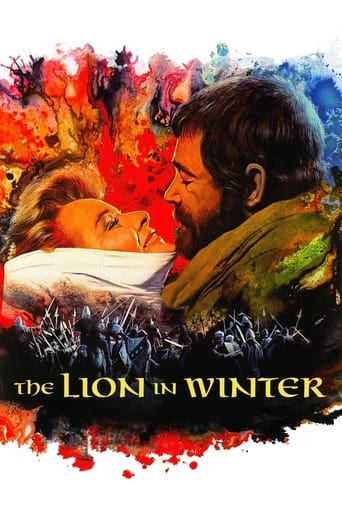Fellini Satyricon (1970)
After his young lover, Gitone, leaves him for another man, Encolpio decides to kill himself, but a sudden earthquake destroys his home before he has a chance to do so. Now wandering around Rome in the time of Nero, Encolpio encounters one bizarre and surreal scene after another.
Watch Trailer
Free Trial Channels
Cast


Similar titles
Reviews
Tied for the best movie I have ever seen
Some things I liked some I did not.
This is a must-see and one of the best documentaries - and films - of this year.
It's the kind of movie you'll want to see a second time with someone who hasn't seen it yet, to remember what it was like to watch it for the first time.
Although this is clearly not one of Fellini's best rated movies, "Satyricon" is a fantastic modern science-fiction drama that is certainly worth seeing. It is true that the story lacks a red line, a plot that clearly interconnects each scene or scenario. However, if one watches it carefully enough and with an open mind, there is a story-line and character development in it. It is the life passage of a young man (Encolpius) and his friend and antagonist (Ascyltus), former gladiators who were taken to a foreign island and undergo diverse colorful, partly erotic adventures in dream-like sequences and images. You will find action in each scene but, more than that, Fellini is probably the only director who has managed, with this film, to create an understanding of what life in ancient Rome MAY have been like for the lower and middle-class ordinary civilians. Far from the bombastic installations as we know them from DeMille's monumental films, this is an abstract piece of art that deserves to be called a masterpiece that leaves room for interpretation and speculation about Petronius' ancient novel.
I really don't know what to make of this film because in one way it seems to be incredibly disjointed, pointless, and apparently going nowhere, but in another way the scenes are beautiful, intense, and clearly the work of a master film maker. It has been suggested that some people rate this film highly simply because it was made by Fellini, and as such is carried through simply by the name of the director. I would have to disagree with that suggestion because people who make this suggestion clearly do not understand what it being done in this film. In fact, I have to admit that I really do not understand this film either, but a part of my wants to watch it again in an attempt to do so, however I feel that I will need to read the book that it is based upon first.The interesting thing about this film (with the exception that my DVD had the film in Italian, French, German, and Spanish, but for some incredibly bizarre reason, not in English) is that the book that it is based upon is not extant. What I mean is that the Satyricon is an Ancient Roman novel in which half of the book simply did not survive, which results in a story that is basically disjointed and incomplete. It is not that the book ends half way through either, it is that we simply only have sections of the book so if you were to read it you would find yourself jumping constantly and pretty quickly getting lost.Fellini, in making this film, decided that he would pretty much follow the book in that way, and not actually try to fill in the missing pieces. When I watched the film initially I didn't actually realise that he had done that, and found myself quite baffled at what was going on, and when I discovered that he had decided that he would actually not attempt to fill in the gaps, the theory behind the film actually made a lot more sense.I have noticed that some Christian commentators have pointed at this film as an example of how we as a race (that is Western Europeans) have lost touch with the spiritual realm and have found ourselves in a society that is based purely on the physical and as such have discovered that society is in fact disjointed, pointless, and meaningless. If that is the case, then Fellini has made a brilliant piece of filmography that pretty much captures the sense of our society and our modern mindset.The two parts of the film that stand out is the feast and the slave ship, and I liked those parts simply for the way those scenes were put together. However what is interesting is that on the slave ship there is a wedding between the captain of the ship, and the protagonist of the piece (both of them being male). What we have in that scene is a sense that society has simply become completely inverted. Okay, with the debate regarding gay marriage running around society it is not something that stands out to us now, but back when the film was made it would have – in a sense what we are seeing is a society that has not so much collapsed, but rather lost its identity as it travels through history grasping at straws and finding that it is forever failing in the task of seeking out its new identity.
I admire Federico Fellini and what films so far I've seen of his. While not a bad film at all, of the 8 films I've seen(La Dolce Vita, 8 1/2, Amarcord, La Strada, Nights of Cabiria, Roma, Casanova and Satyricon), Satyricon is my least favourite. I did find the story disjointed, some scenes are fine but others are not sure what tone it wants to be or I wasn't sure what they were trying to do. While the characters are not as detached to the audience in the way the titular character from Casanova is, whereas I identified with the leads of La Strada and especially Nights of Cabiria the characters were never really developed enough to make me care properly. Pacing has rarely, if ever, been an issue in Fellini films, I am well aware that his pacing is largely deliberate, but with a story and characters that I was indifferent to on the most part I will admit that my interest did waver. Also, the parts dealing with sexual immaturity were really quite bizarre to put it politely. However, Satyricon is stunning visually with striking roman garb and costumes beautifully photographed, and Fellini's direction while not as nostalgic as personal as some of his other films is accomplished. The score positively sweeps and accompanies the film very well, while the acting from especially the two leads is very good. Overall, there will be people who admire this film and others who'll find it self-indulgent and perhaps cold. Coming from someone who still isn't sure what she makes of Satyricon, I can understand both sides. I am glad I watched it, however I can't see myself watching it again. 6/10 Bethany Cox
From Oscar nominated director Federico Fellini (Nights of Cabiria, Juliet of the Spirits, Amarcord), this Italian film was another to be featured in the 1001 Movies You Must See Before You Die book, so naturally I watched it. Basically, set in Rome in the 1st Century, Encolpio (Martin Potter) and Ascilto (Hiram Keller) are student friends arguing about ownership of the boy Gitone (Max Born), so they have to split up their belongings and split up. Gitone has to decide who to be with, and he chooses Ascilto, and when he threatens suicide Escolpio is stopped by an earthquake. We follow Escolpio going through a series of adventures, until Ascilto and he are eventually reunited, and they help a man enter a temple and kidnap a hermaphrodite demi-god. The death of the god causes Escolpio to be punished and he also becomes impotent, and we are following them trying to find a cure for it. Okay, I will be absolutely honest in saying that I didn't remember everything that happened in this film, and even though I did watch it all and can recall bits and pieces I didn't understand much of it. Also starring Salvo Randone as Eumolpo, Fanfulla as Vernacchio, Mario Romagnoli as Trimalcione, Capucine as Trifena and Alain Cuny as Lica. I can recall the guy with the blonde being mostly confused by things, and the sets and costumes are marvellously colourful, but that is really all I can say about it, other than I know it was an interesting historical fantasy drama. It was nominated the Golden Globe for Best Foreign-Language Foreign Film. Good!

